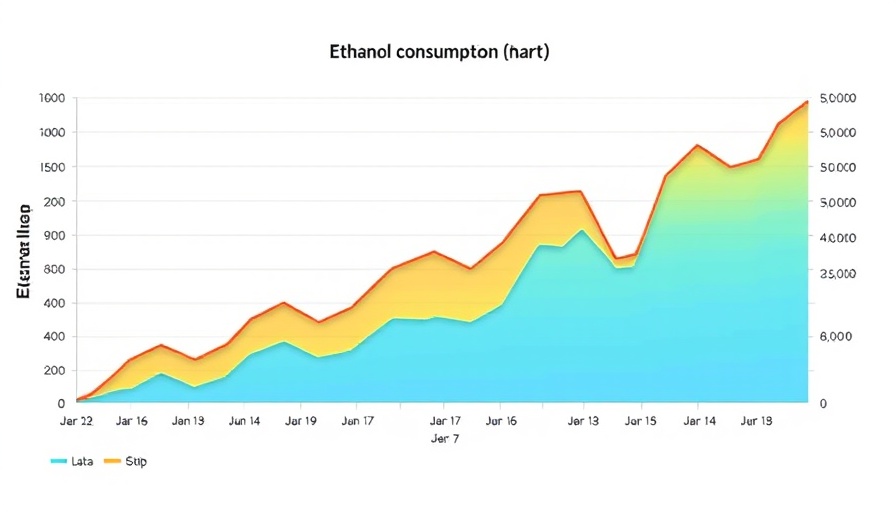
The Shifting Landscape of Alcohol Consumption
Since the late 1970s, the relationship between Americans and alcohol has seen significant shifts. As societal norms and policies evolved, so did drinking habits. The late 1970s and early 1980s saw a peak in alcohol consumption, fueled by a culturally permissive attitude towards social drinking. However, this trend began fading in the mid-1980s as public health concerns came to light, leading to stricter laws and a more cautious approach to alcohol consumption.
How Alcohol Influences Plastic Surgery Choices
Alcohol doesn't just influence our social behaviors—it's also become a significant factor in elective medical decisions, including plastic surgery. For women considering procedures, particularly those aiming to enhance their appearance or correct imperfections, understanding the impact of alcohol is essential. Higher alcohol consumption can affect healing processes, disrupt hormonal balances, and even lead to complications during recovery.
Women exploring cosmetic enhancements, such as facelifts or breast augmentations, are increasingly aware of how lifestyle choices like drinking can influence outcomes. Moreover, a mindful approach to alcohol can improve overall health and increase the likelihood of desired results.
Understanding the Historical Context
Policy changes, like the National Minimum Drinking Age Act of 1984, have played a pivotal role in reshaping drinking habits. Raising the drinking age to 21 was a turning point, particularly for young adults. Organizations like Mothers Against Drunk Driving (MADD) have further altered public attitudes by highlighting the dangers of excessive consumption. With these movements and regulatory shifts, the conversation around alcohol became not just about social enjoyment but also about health implications.
Expected Trends in Alcohol and Plastic Surgery
As we step further into the 21st century, the interplay between alcohol consumption and cosmetic surgery is expected to yield new insights. The COVID-19 pandemic, for instance, illustrated a spike in alcohol use due to stress and lifestyle changes. For women planning surgeries now, this trend has highlighted the importance of moderating alcohol intake to optimize health outcomes. Looking ahead, a more health-conscious society will likely foster dialogue around responsible drinking and its role in successful medical results.
Actionable Steps for Optimal Surgery Outcomes
For women on their aesthetic journey, some practical tips can ensure safer outcomes. Taking a holistic approach by reducing alcohol intake weeks before a procedure can enhance recovery times and results. Consultation with a trusted plastic surgeon will also provide specific guidance tailored to individual needs, reinforcing the importance of personalized medical advice.
Being informed about all factors—including lifestyle choices—empowers women to make decisions confidently and responsibly, ensuring aesthetic goals are safely and effectively achieved.
 Add Row
Add Row  Add
Add 






Write A Comment